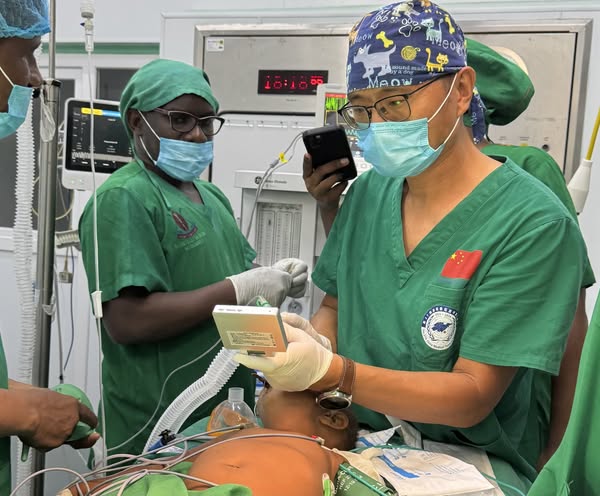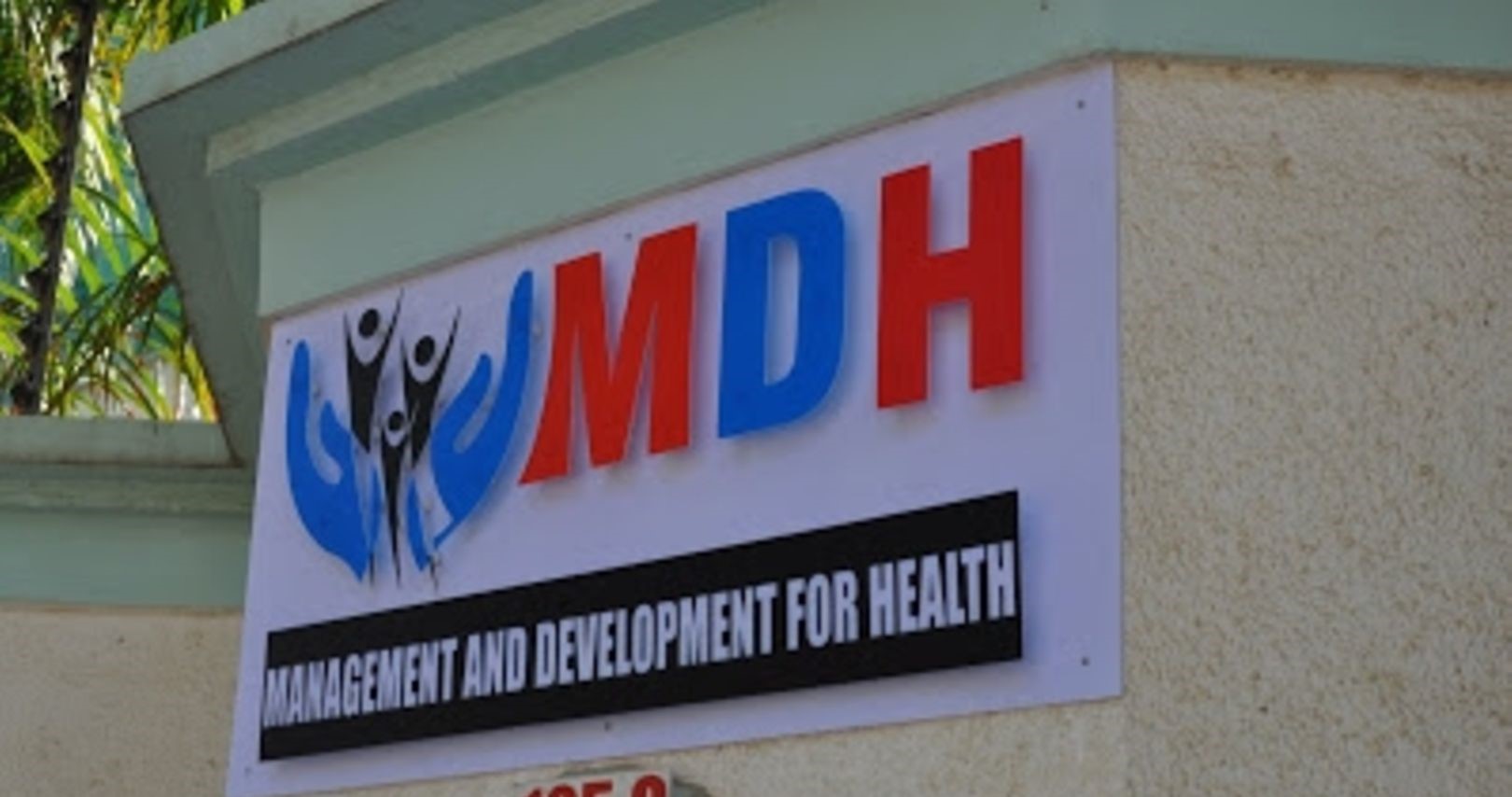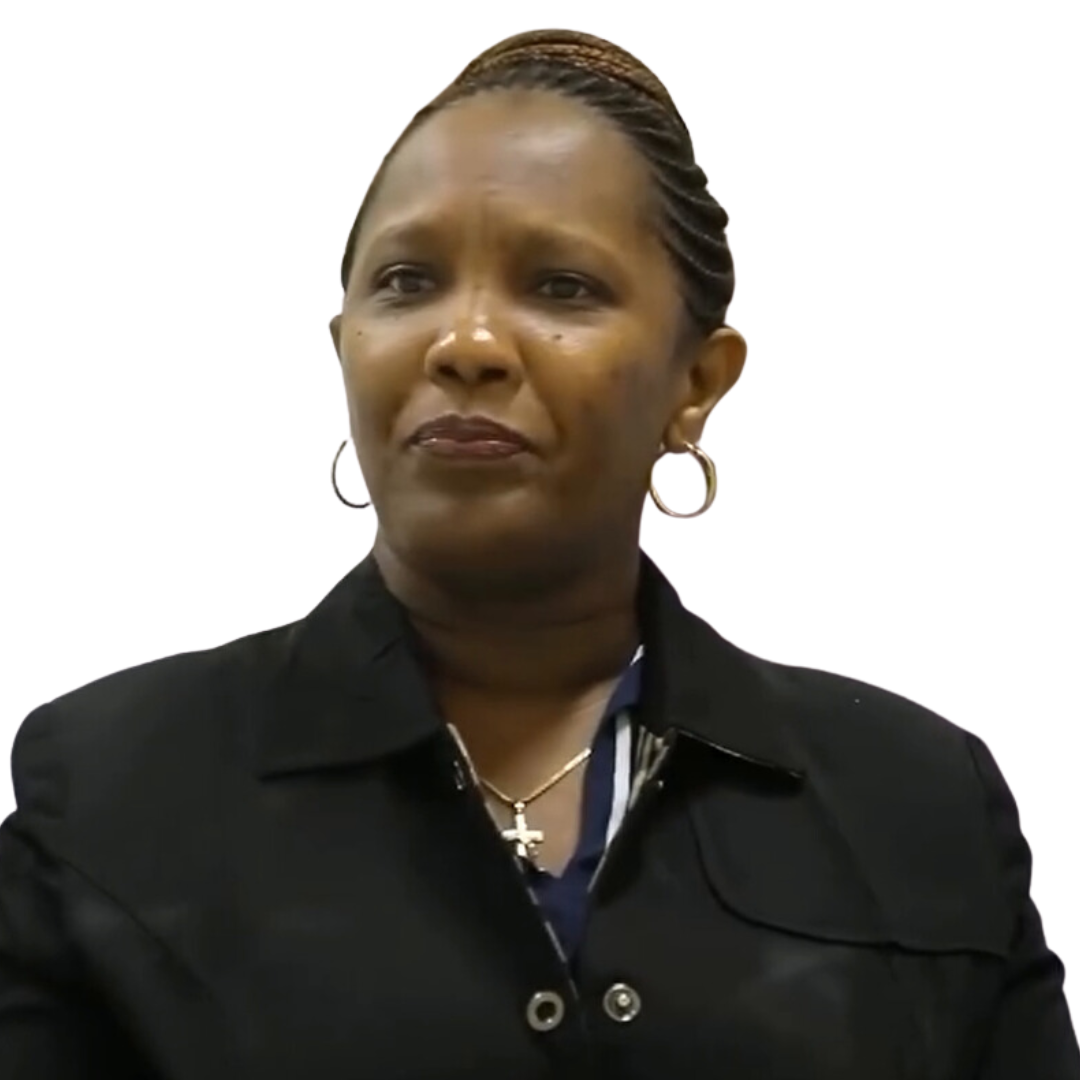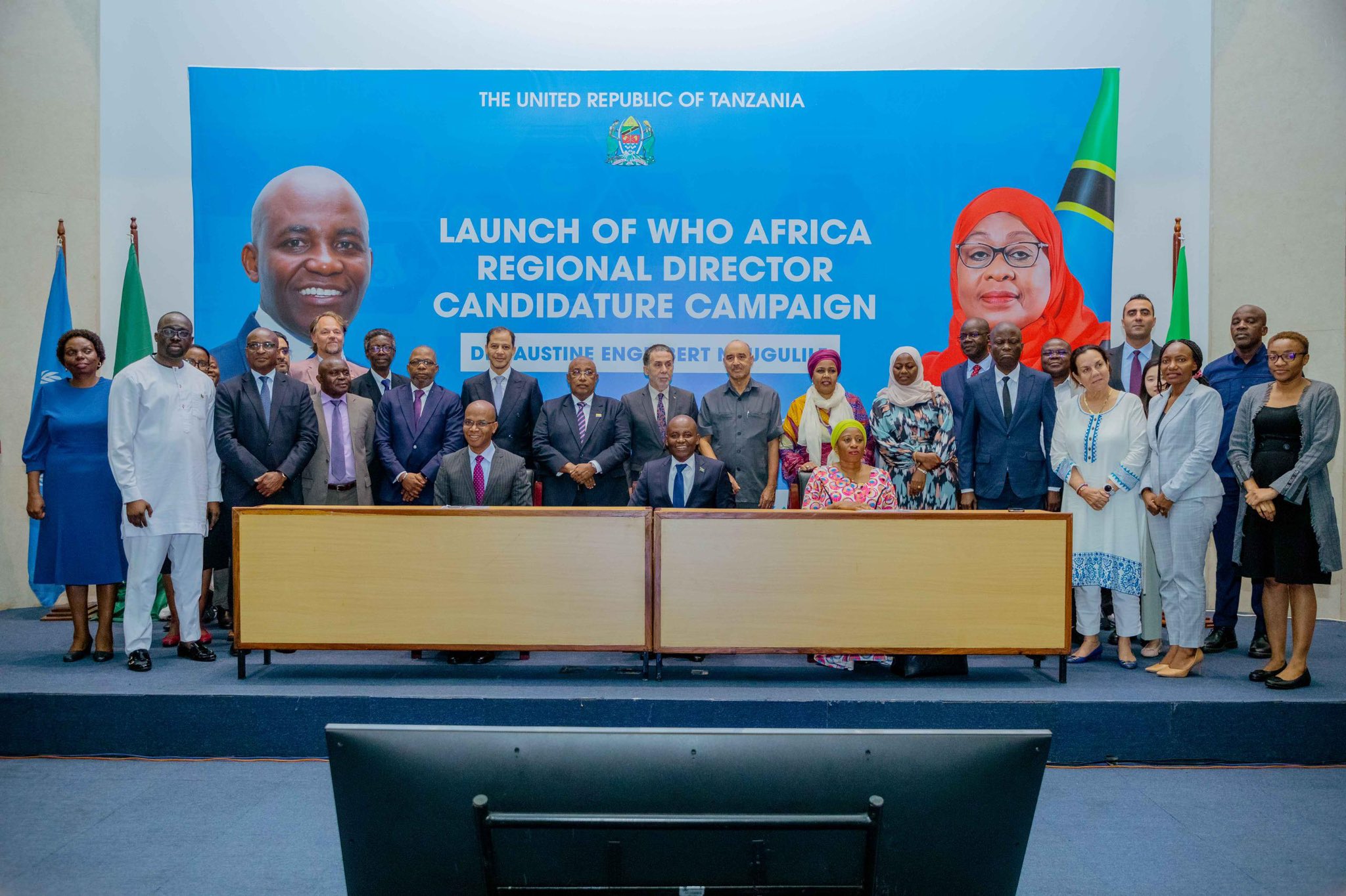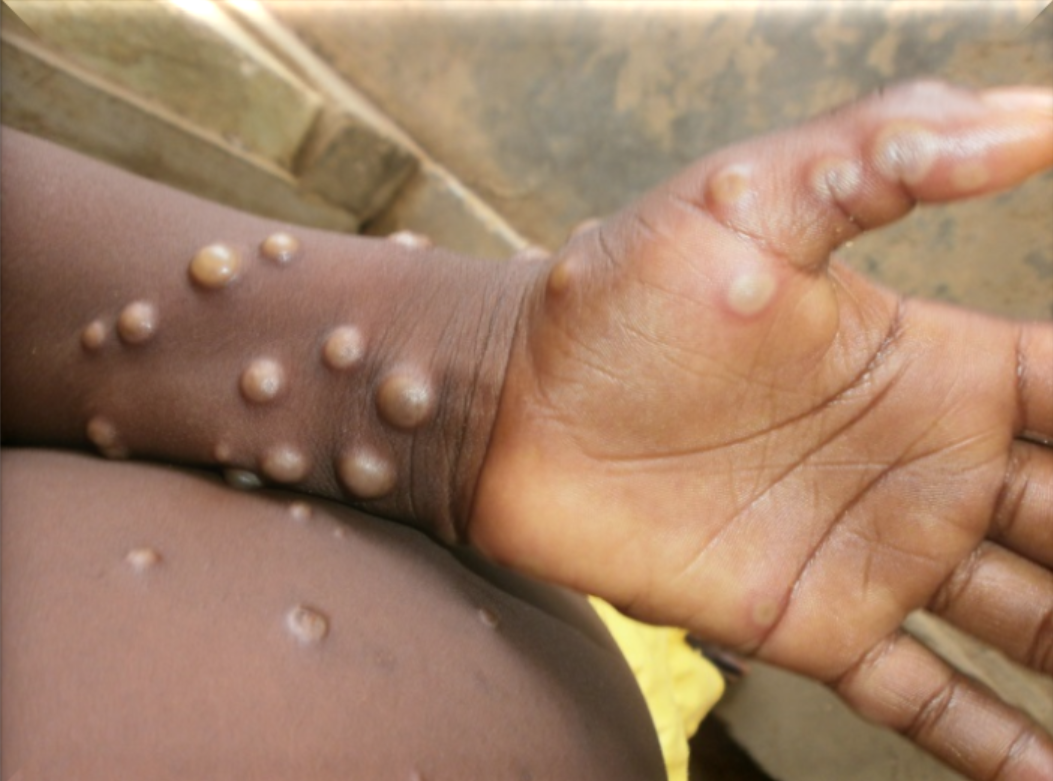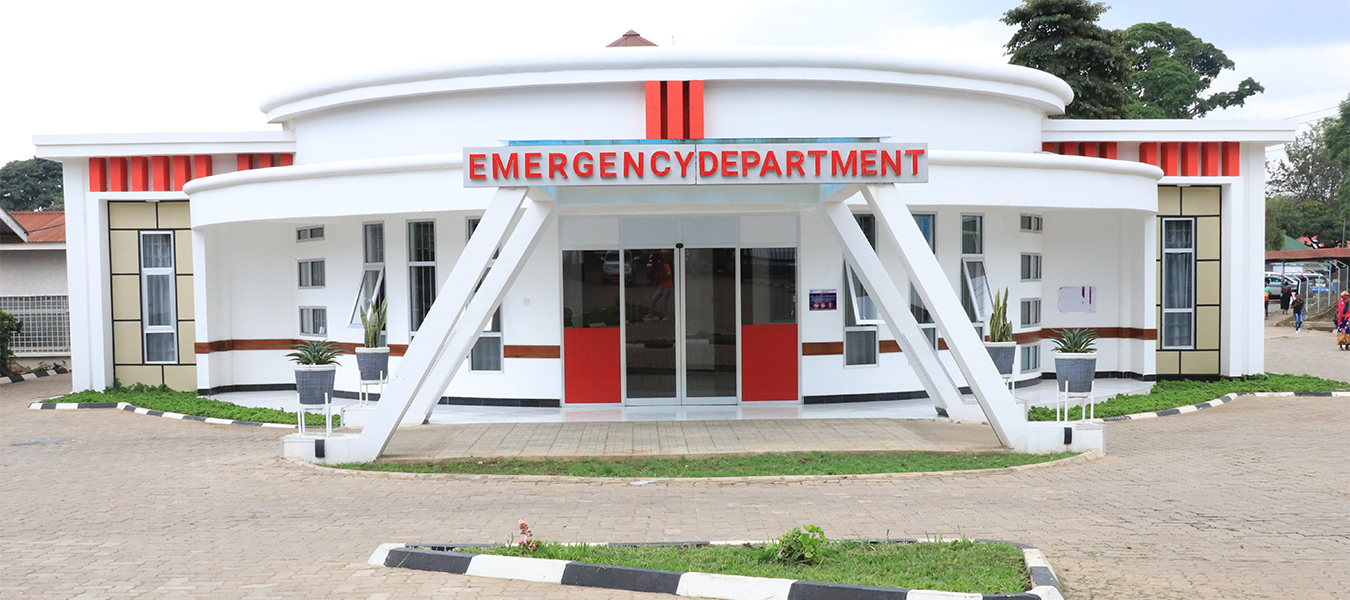John*, a long-distance truck driver and a resident of Dar es Salaam, tested positive for HIV through community outreach screening at Chanika Health Centre in the city, where he was re-tested, offered counselling and initiated treatment with antiretroviral drugs (ARVs). John’s life-long journey of treatment started here, on a positive note.
He was then issued with a CTC1 card, containing a unique number and details to help health workers track his health. As is the case for all HIV patients at the health centre, John’s medical records were stored in what’s known as the CTC2 database, where his data—if needed—could be retrieved for medical purposes.

The database, a widely used intervention in Tanzania, started 16 years ago under the National Aids Control Programme (NACP) of the then Ministry of Health and Social Welfare. It’s currently installed and used digitally in more than 300 care and treatment clinics in every region of the country.
For the first six months of his treatment, John never missed his clinic schedules at his original health centre in Dar es Salaam. That was way back in 2018. In the seventh month, his health was stable. He was therefore put on a three months regime for antiretroviral treatment, referred to as multi-month dispensing (MMD).
The three months supply of ARVs should have increased his adherence to the drugs and decreased his cost and time of travel to and from the clinic. At this stage, John resumed his work of shipping cargo from Dar es Salaam to Zambia. With the CTC1 card that he had been issued with right from the start, he was apparently assured of getting services in any Care and Treatment Centre (CTC), especially as he drove along the way to Zambia.
When things went wrong
During one of his journeys, in mid-August 2021, John discovered that his stock of ARVs had run out. While on his way, he visited St. Kizito Hospital Mikumi CTC in Morogoro Region, for a refill. However, he wasn’t given enough drugs, as he had expected. The CTC at this hospital has a CTC2 database, however, John’s visit to the facility was recorded in his CTC1 card since his medical history could not be accessed from the database.
He was also eligible for a viral load test for monitoring his HIV treatment progress that was not done as well. Instead, he was given a one month supply of ARVs and advised to visit his original CTC back in Dar es Salaam for a full clinical workout.
Disappointed, John left the clinic with his one month stock of ARVs and headed to Zambia, hoping he would come back in time for his clinic appointment in Dar es Salaam. However, the unexpected happened.
He got stuck in Zambia for three months due to a dispute between the authorities and truck drivers. Therefore, he missed two months of ARV medication. That has a negative impact on his treatment progress.
Tip of the iceberg
John’s scenario undoubtedly reveals that our digital health systems are not synchronous where data captured in the CTC2 database at one facility cannot be accessed by another facility using the same database.
The digital health system challenges denied John’s rights to quality health care services in his healthcare journey. An SMS reminder application system, if introduced at this stage, would have helped alert John about his next visit due date and his ART stock.

The above is an example of many instances of interruption in the continuity of healthcare delivery for many patients, caused by having a fragmented digital health system in many low- and middle-income countries like Tanzania.
Digital health interventions or programs have been implemented in silos and can’t exchange information and data. Quite often, the situation leaves patients without the care they deserve, as they navigate from one healthcare facility or provider to another during their health journey.
I see the need for scaling up digital health information exchange to facilitate timely access of health information to improve individual and population healthcare service delivery.
Milestones at infancy
For the past 10 years, Tanzania has made remarkable milestones in leveraging digital health to improve the health systems building blocks. More than 160 digital health applications in the country, ranging from mobile health, telemedicine, health information management system, logistic management, information system and artificial intelligence.
The digital health interventions are at different levels of their maturity, with some at the infancy stage and others fully functional with limited interoperability; the ability of healthcare providers, and different electronic health systems to communicate and share patient data in a systematic and standardized manner to achieve health goals.
Some digital health interventions like the District Health Information System version 2 (DHIS2) have been rolled out in all districts. With others like the National Health Insurance Fund electronic system and the CTC2 database partially scaled up in some facilities in the country.
The pressing need
As the country implements the Digital Health Strategy 2019-2024, there is a pressing need for continued coordinated efforts between the Ministry of Health, Ministry of ICT, Ministry of Finance, healthcare providers, technology companies, NGOs, and the patients to improve user experience of digital health interventions.
Although digital health does not provide a one-size-fits-all solution to health system challenges, if well-tailored it could alleviate some challenges like John’s in improving healthcare quality.
Other challenges, including digital health literacy among healthcare professionals, internet connectivity, and stable electricity, must also be addressed to reach the desired digital health outcomes.
John* means we have hidden his real name to maintain the patient’s confidentiality.

